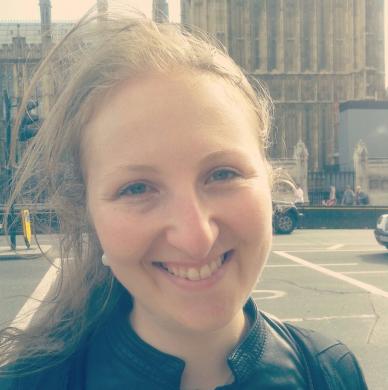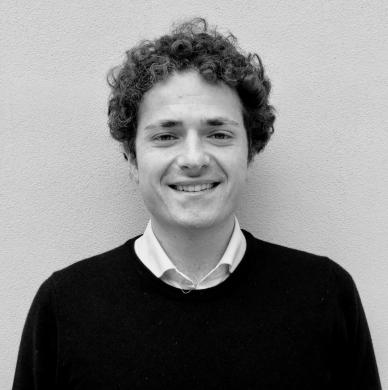ChAIn – Changing in a paradigm shift: artificial intelligence in research, teaching and society


I EDITION | ON SITE | APPLICATION
Deadline for Registration
March 20th, 2026
Period
May 18th – 22nd, 2026
Learning objectives
The Seasonal School ChAIn – CHANGING IN A PARADIGM SHIFT: ARTIFICIAL INTELLIGENCE IN RESEARCH, TEACHING, AND SOCIETY will introduce participants to the urgent topic of how artificial intelligence is transforming research, education, innovation, and management practices. The program aims to provide Ph.D. students with a critical understanding of AI as a driver of paradigm shifts that redefine managerial models, organizational strategies, and academic methods. Through complementary perspectives, ranging from AI-related business model evolution and marketing trajectories to AI applications in finance, sustainability, and healthcare, the Seasonal School promotes an integrated view of how AI induced change generates systemic effects across sectors and institutions.
During the Seasonal School, participants will strengthen their analytical, collaborative, and design skills, and develop a critical awareness of the implications of AI and its long-term impact on management research, teaching innovation, and societal development.
In particular, the Seasonal School will enable participants to:
- develop the capacity to understand and analyze processes of change through the lens of paradigm shifts, recognizing AI as a major driver of transformation in management and society;
- strengthen the ability to reinterpret research and teaching practices, acquiring conceptual and methodological tools to adapt them critically and innovatively to new technological contexts;
- connect theoretical approaches with concrete applications, particularly in areas such as business models, marketing strategies, finance, sustainability, and healthcare;
- foster transversal skills in project design, collaboration, and communication through group work, case discussions, and interactive sessions;
- cultivate critical sensitivity toward the ethical, institutional, and social challenges posed by AI, enabling participants to orient decisions and practices in academic and managerial environments;
- promote national and international collaboration, encouraging dialogue among Ph.D. students from different disciplines and exposure to experts from diverse academic and professional backgrounds.
Teaching methodologies
Students will find an interactive and cross-disciplinary learning environment that combines lectures, case study discussions, practical exercises, simulations, and interdisciplinary group work. The program also adopts flipped classroom activities with preparatory individual work and in-class discussions, encouraging active participation and critical engagement with the topics addressed.
Throughout the week, participants will alternate between theoretical sessions and applied activities designed to connect managerial frameworks with AI-driven transformations. Testimonies from national and international experts and peer-to-peer exchanges among Ph.D. students will further enrich the learning experience, fostering dialogue, reflection, and collaboration across disciplines and institutional contexts.
Target participants
The Seasonal School is primarily addressed to Ph.D. students from Italian and international universities enrolled in programs in management, political science, public administration, innovation, entrepreneurship, and public policy. Participation is also open to Ph.D. candidates from related disciplines such as economics, sociology, education, health, and environmental studies who are interested in exploring how artificial intelligence is reshaping research, teaching, and management practices from a multidisciplinary perspective. If places remain available, applications may also be considered from recent Ph.D. graduates (within 12 months) and from candidates holding or completing a Master’s degree or equivalent qualification obtained within the past 12 months, provided they demonstrate strong academic performance and a clear motivation to engage with the themes of the School.
The program encourages diversity of backgrounds to foster cross-disciplinary exchange and collaborative learning among participants from different academic and professional contexts.
SDGs
- SDG 3 – Good Health and Well-being
- SDG 4 – Quality Education
- SDG 8 – Decent Work and Economic Growth
- SDG 9 – Industry, Innovation and Infrastructure
- SDG 10 – Reduced Inequalities
- SDG 12 – Responsible Consumption and Production
- SDG 13 – Climate Action
- SDG 17 – Partnerships for the Goals









